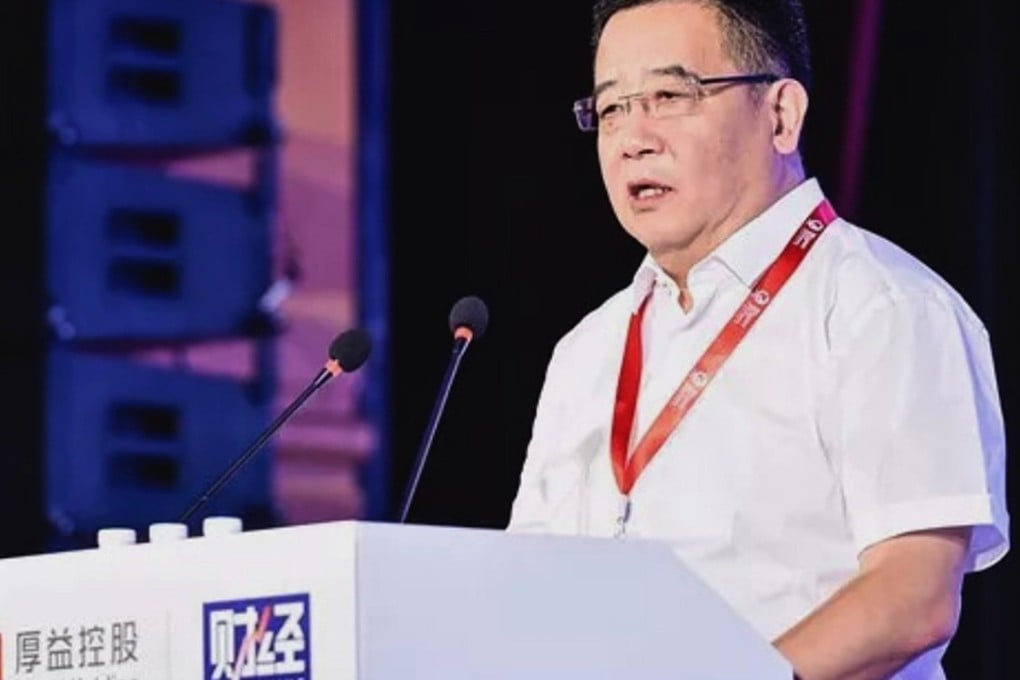A century on, China still lacks the drive for scientific truth, says outspoken editor
Shortage of scientific spirit is as evident in 2019 as it was in 1919, says Liu Yadong, chief editor of Science and Technology Daily

A Chinese state newspaper editor who set off a public debate on the country’s overblown technological strength has said scientific spirit remains scarce, despite the nation being in pursuit of it for a century.
Liu Yadong, chief editor of Science and Technology Daily, said a lack of scientific spirit was often the underlying reason for some of the problems facing China, from weaknesses in fundamental innovation and research, to widespread counterfeiting and fraud, and even arrogance in society.
Liu’s public criticism two months ago of media hyping of China’s strength is still reverberating in the country, and has coincided with Beijing’s apparent dialling down of rhetoric on its ambitions for global leadership in advanced technologies – one concern of Washington in its trade war with China.
“Next year will be the centenary of the May Fourth Movement,” Liu said on Sunday at a Beijing forum on scientific and technological innovation.
“In my opinion, China in 1919 lacked scientific spirit, and China in 2019 will still lack scientific spirit.”